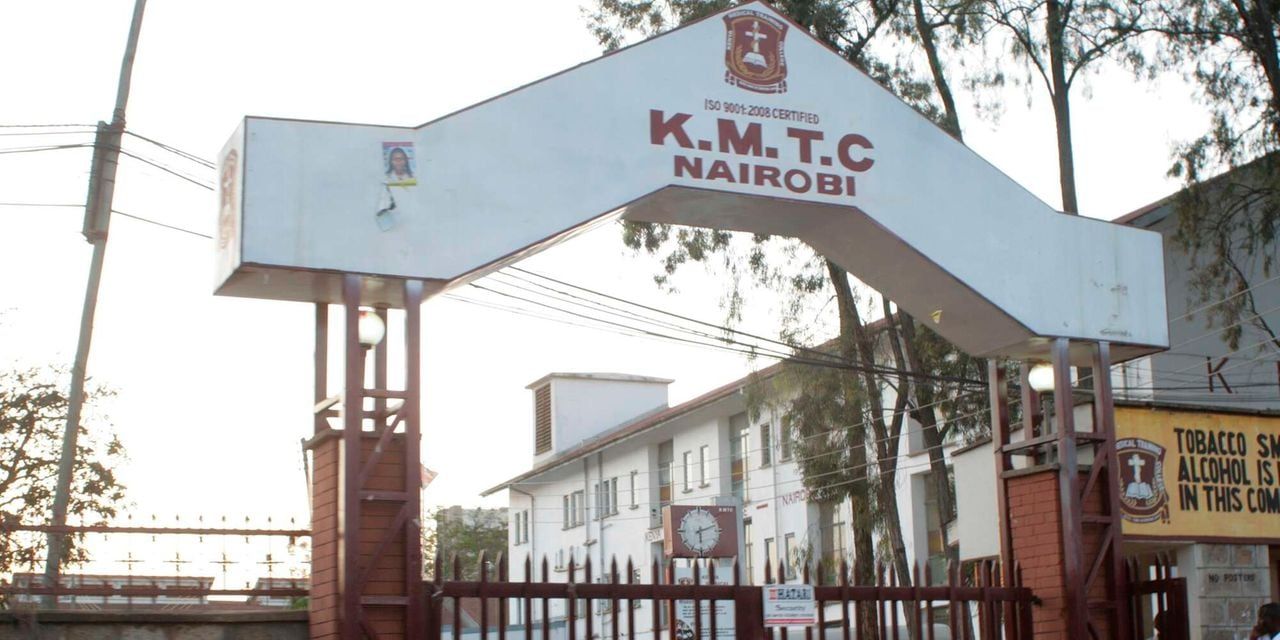Your Read is on the Way
Every Story Matters
Every Story Matters
The Hydropower Boom in Africa: A Green Energy Revolution Africa is tapping into its immense hydropower potential, ushering in an era of renewable energy. With monumental projects like Ethiopia’s Grand Ethiopian Renaissance Dam (GERD) and the Inga Dams in the Democratic Republic of Congo, the continent is gearing up to address its energy demands sustainably while driving economic growth.
Northern Kenya is a region rich in resources, cultural diversity, and strategic trade potential, yet it remains underutilized in the national development agenda.

Can AI Help cure HIV AIDS in 2025

Why Ruiru is Almost Dominating Thika in 2025

Mathare Exposed! Discover Mathare-Nairobi through an immersive ground and aerial Tour- HD

Bullet Bras Evolution || Where did Bullet Bras go to?
Introduction: A Commitment to Progressive Medical Training
In a strong demonstration of the government's ongoing support for healthcare innovation and professional development, Health Cabinet Secretary Hon. Aden Duale officially inaugurated the 8th Biennial Kenya Medical Training College (KMTC) Scientific Conference. The event, a milestone in Kenya’s medical education calendar, brought together professionals from across the country to engage in dialogue on healthcare equity, training, and applied research.
Thematic Focus: Advancing Equity through Training and Research
This year’s conference operates under the theme “Advancing Equity in Healthcare through Training and Research,” a theme that echoes the urgent need to bridge healthcare disparities across urban and rural settings in Kenya. CS Duale, in his keynote address, emphasized that equitable healthcare cannot be realized without a strategic investment in human capital, robust research infrastructure, and evidence-informed practices.
Reinforcing the Role of KMTC in National Health Goals
CS Duale hailed KMTC as a pillar in Kenya's healthcare delivery system, applauding its continued output of skilled professionals who serve at every level of the health sector. He underscored the government's commitment to supporting institutions like KMTC, noting that sustainable healthcare depends heavily on the quality and reach of medical education. The government, he said, is keen to expand training opportunities to cater to the diverse health needs of the Kenyan population.
Harnessing Research for Policy and Practice
In a critical part of his address, the Health CS highlighted the transformative power of research in driving public health policy and improving service delivery. He challenged participants to move beyond academic findings and push for the adoption of data-backed solutions within Kenya’s healthcare system.
He stressed that research should not gather dust on shelves but instead inform policies, guide investment, and enhance responsiveness to health emergencies and systemic challenges.
Collaboration as a Catalyst for Innovation

Duale called on healthcare stakeholders to foster interdisciplinary and cross-sector collaboration, arguing that no single institution can single-handedly resolve the nation's health inequities. He advocated for greater synergy between researchers, policymakers, educators, and frontline workers. Such partnerships, he argued, are vital for scaling innovations, sharing best practices, and streamlining medical responses nationwide.
Platform for Exchange and Knowledge Sharing
The KMTC Biennial Scientific Conference is more than a ceremonial gathering. It is a dynamic platform for the presentation of cutting-edge research, the exchange of knowledge, and the stimulation of thought-provoking discussions.
Over the course of the event, attendees—including lecturers, students, public health officers, and international delegates—engage in thematic sessions exploring maternal health, disease control, digital health solutions, and community-based healthcare models.
Looking Ahead: A Health System Built on Evidence and Equity
As Kenya continues to navigate post-pandemic recovery and growing demands for accessible healthcare, events like the KMTC Scientific Conference offer timely guidance. CS Duale concluded his speech with a call to action: for every institution represented to commit to building a health system that is inclusive, adaptable, and driven by both science and compassion.
The government, he assured the attendees, remains ready to partner with training institutions to ensure that quality healthcare is not a privilege, but a universal right.
0 comments